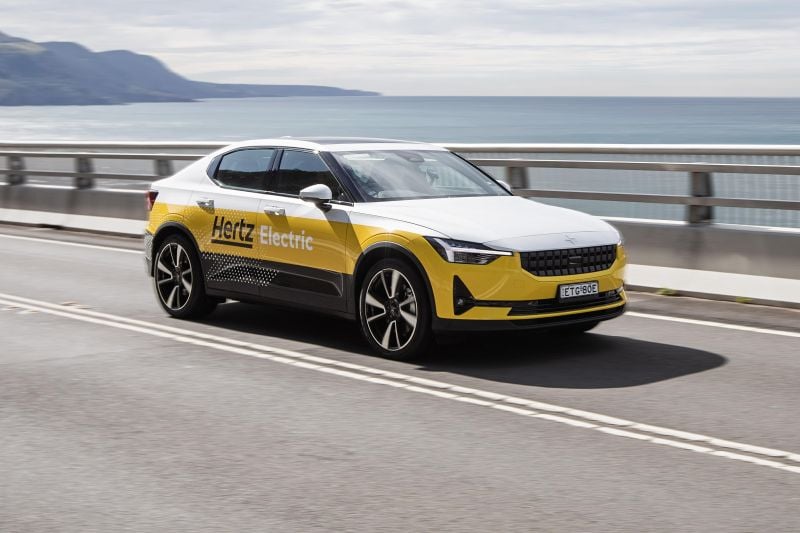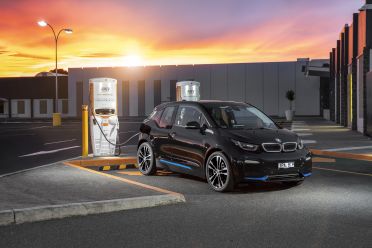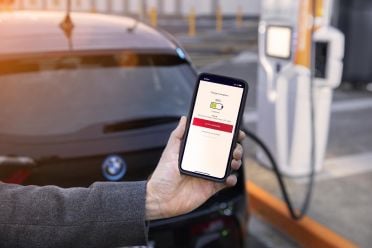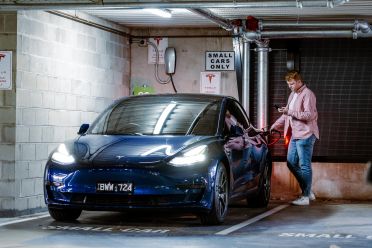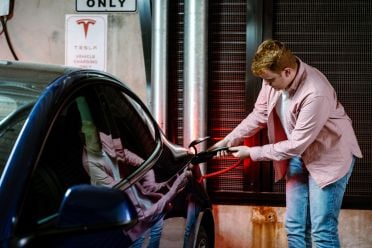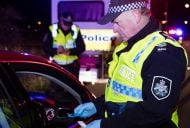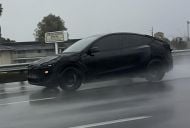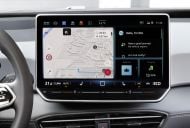Rental company Hertz has joined the peak body for carmakers in Australia, the FCAI, in calling for a cohesive national strategy for electric vehicles.
It’s pushing for change from the current state-based approach which means Victorian electric vehicle (EV) owners pay a per-kilometre road user tax, but owners elsewhere in the country don’t.
“The state governments are more active [on EV policy], but they’re more active in having road user charges that vary state-by-state which just adds another level of complexity,” Damien Shaw, general manager of Hertz ANZ, told CarExpert.
Each state currently has its own timeline for rolling out a road user charge, and each offers different incentives and tax breaks to EV buyers.
Hertz is calling for a “national approach” to road user funding as electric sales increase, and the amount of money flowing into Federal coffers from the Fuel Excise gradually decreases.
Its calls echo those of the peak body for carmaker in Australia, the Federal Chamber of Automotive Industries (FCAI), which in 2021 said our market risks becoming “disjointed and chaotic” without Canberra’s leadership on road funding.
“Consistency is the critical element for Australian customers. If other States introduce their own programs, they must align,” FCAI chief Tony Weber said.
Mr Weber and the FCAI have been vocal in their calls for road funding reform, and in pushing for emissions standards recently. Exactly what type of reforms the FCAI wants when it comes to emissions has been called into question recently, however.
Hertz has the Tesla Model 3 on fleet in Adelaide and Canberra, and is adding the Polestar 2 to its range around Australia.
It wants to have thousands of Polestar 2s on its fleet by the end of 2023, but says piecemeal policy and limited infrastructure are roadblocks holding back its electric rollout.
“We always said there were three impediments – it was cost, range, and charging… it’s really now infrastructure,” vice president of Hertz APAC, Eoin MacNeill said.
“Infrastructure is where we definitely think the government needs to help enterprise build out those networks,” he said, arguing it’s “the only real impediment now for people doing mass adoption”.
Short of actually building a national network of chargers, Mr MacNeill is pushing for “interoperability of the charging network – so that a Tesla Supercharger can be made available to any marque”.
He also urged the Government to push the industry towards a centralised application for EV charging in Australia, allowing owners to arrive at any charger and pay without downloading and registering for separate apps.
Tesla’s huge network of rapid EV chargers are currently locked so only Model S, Model X, Model 3, and Model Y owners can use them in Australia.
In parts of Europe, however, it’s recently opened the door for all EV owners to access its network.

